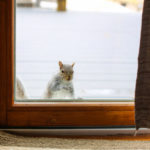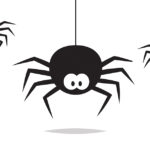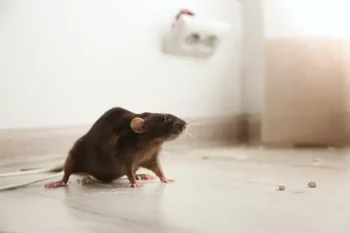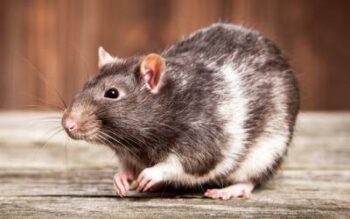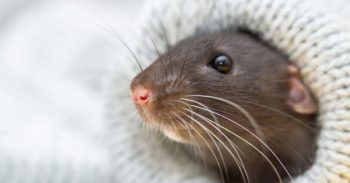 Mouse activity increases in the fall, partially due to increasing cold weather, but also because of acorns. Yes, you read that right – acorns.
Mouse activity increases in the fall, partially due to increasing cold weather, but also because of acorns. Yes, you read that right – acorns.
Mice are omnivores. They eat almost anything: plants, grains, seeds, fruit, nuts, garbage, pet food, anything salty or sweet, and even – depending upon the species – meat. Since mice teeth are constantly growing, they also have to chew on items to wear their teeth down, so they don’t become painfully overgrown. Such items include wood, leather, wiring, sometimes plastic, etc. Acorns fit both categories. Mice eat them for food, but because they’re also hard to chew, it helps to wear down their teeth.
Why Are Acorns In My Garage?
Mice, like other creatures, are always looking for places to live that is safe from predators and has a secure food source. That becomes even more important as temperatures drop.
While everyone knows about squirrels hiding nuts for winter, it’s less well known that mice do the same… and your home is often their favorite hiding place. People have found acorns in all parts of their house including in the garage, laundry room (both in hampers and washing machines), under the sink, cubby holes, laundry chutes and countless other places. During a story about rodents chewing car wires, Consumer Reports mentioned that even engine intakes have been filled with acorns to hide them.
A wide variety of rodents eat acorns but deer mice and the white-footed mouse are common culprits. Deer mice are especially fond of hiding acorns, beech nuts and pine cone scales for later eating. But pretty much any type of mouse could decide your home is a good place to winter and bring its own acorn supply.
How to Repel Mice
With winter approaching, how do you keep mice – and acorns – out of your home? The internet is filled with DIY mice repellent advice, some of which are a waste of your time and money.
Natural ways to repel mice:
Plant peppermint and/or pennyroyal around the perimeter of your home
It is true that mice don’t like the smell of those plants, but it’s impossible to have a completely perfect perimeter of those plants. Both peppermint and pennyroyal are seasonal (not evergreen) plants as well so, at best, they only provide protection for part of the year. Peppermint is also an invasive plant, so you’ll have to take precautions to keep it from expanding to your lawn.
Place peppermint oil, cayenne pepper, pepper and/or cloves around your home
This follows the same principle as above but is even more difficult to make work. Oil evaporates, powder blows away and rain washes all of it away. Some people recommend applying the oil to cotton balls but those can still blow away, get wet, etc.
Place containers of used kitty litter around the home
This works on the idea that cats will prey on mice, so they would avoid any area marked by cats. Unfortunately, it’s also gross to do, messy, unsightly and just as vulnerable to the weather.
Ammonia
Because ammonia smells like predator urine, it’s supposed to deter mice. Ammonia also smells terrible to humans. If you leave caps of it around, as this DIY tip recommends, it could be a safety hazard to your pets and children.
As you can see, DIY methods have their drawbacks. Because they must constantly be reapplied, which means they cost more in the long run. This is why we always suggest having a certified professional evaluate any pest problems you are concerned about.
Let Arrow Solve Your Rodent Problem
Whether they’re in your walls or hiding in corners, mice can be difficult to eliminate. Arrow Exterminating has the experience and expertise to locate and remove any rodents who’ve invaded your home. We can also set up a prevention program to ensure that the mice don’t return. If you’re concerned about any type of infestation, contact Arrow today.

